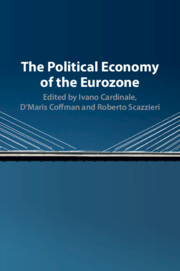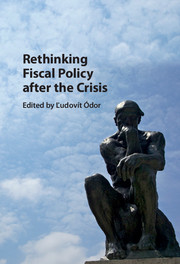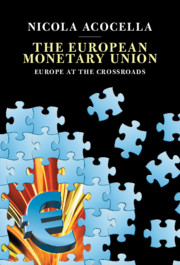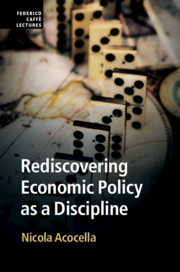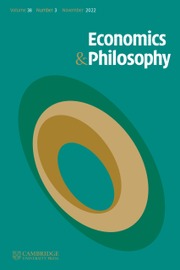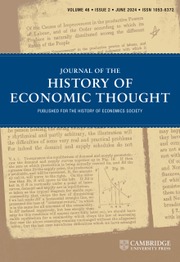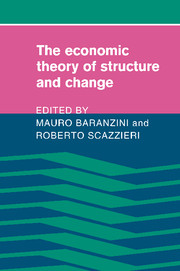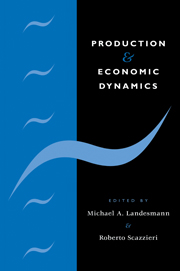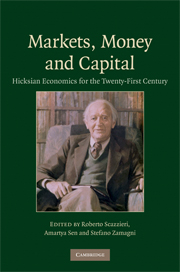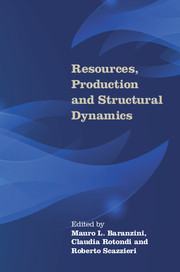The Political Economy of the Eurozone
£46.99
- Editors:
- Ivano Cardinale, Goldsmiths, University of London
- D'Maris Coffman, University College London
- Roberto Scazzieri, Università degli Studi, Bologna, Italy
- Date Published: February 2022
- availability: Available
- format: Paperback
- isbn: 9781107561069
£
46.99
Paperback
Other available formats:
Hardback, eBook
Looking for an inspection copy?
This title is not currently available on inspection
-
The Eurozone is not a mere currency area. It is also a unique polity whose actors span multiple levels (supranational, national, regional, sectoral) and pursue overlapping economic and political objectives. Current thinking on the Eurozone relies on received categories that struggle to capture these constitutive features. This book addresses this analytical deficit by proposing a new approach to the political economy of the Eurozone, which captures economic and political interdependencies across different levels of decision making and sheds light on largely unexplored problems. The book explores the opportunities afforded by the structure of the Eurozone, and lays the foundations of a political economy that poses new questions and requires new answers. It provides categories that are firmly grounded in the existing configuration of the Eurozone, but are a precondition for overcoming the status quo in analysis and policy.
Read more- Proposes a new approach to the political economy of the Eurozone
- Develops original tools that overcome the micro-macro duality and shed light on the internal structure of the Eurozone
- Fills an important analytical deficit by allowing a systematic study of economic and political interdependencies across different decision-making levels in the Eurozone
Reviews & endorsements
'This wide-ranging collection of essays brings a new level of sophistication to the analysis of the Eurozone. It considers the complex interrelationships of past and present, of different levels of aggregation and varying interests, to offer an original and searching approach to a vital topic.' Martin Daunton, University of Cambridge
See more reviews'So far, no country has left the Eurozone or been expelled. Membership keeps expanding despite widespread and well-argued doubts by both economists and political scientists of its long-run feasibility. The accumulated advantages of the common currency as experienced across and within the member countries may well be the key to its continued survival. To sustain the Eurozone, however, policy makers will have to implement the kinds of analyses made both across and within all the social sciences as shown by the authors here.' Larry D. Neal, University of Illinois
Customer reviews
Not yet reviewed
Be the first to review
Review was not posted due to profanity
×Product details
- Date Published: February 2022
- format: Paperback
- isbn: 9781107561069
- length: 587 pages
- dimensions: 228 x 151 x 30 mm
- weight: 0.85kg
- contains: 45 b/w illus.
- availability: Available
Table of Contents
1. The Eurozone as a political economy field Ivano Cardinale, D'Maris Coffman and Roberto Scazzieri
Part I. Comparative Historical and Institutional Perspectives:
2. Fiscal states and sovereign debt markets: a new paradigm for apprehending historical structural change D'Maris Coffman
3. From sovereign nations to federal states. Creating stable systems of public finance in America and Germany: lessons for the Eurozone James Macdonald
4. An historical perspective on the European crisis: the Latin Monetary Union Luca Einaudi
5. Conditionality, fiscal rules and international financial control in the European periphery before 1914 Ali Coşkun Tunçer
6. Snakes and ladders: navigating European monetary union Duncan Needham
Part II. Multi-Level Interdependencies:
7. Liquidity architectures and production arrangements: a conceptual scheme Roberto Scazzieri
8. Political economy and the constitution of Europe's polity: pathways for the common currency beyond neo-functional and ordo-liberal models Adrian Pabst
9. Sectoral interests and 'systemic interest': towards a structural political economy of the Eurozone Ivano Cardinale
Part III. Political Economy of Structural Governance:
10. The German growth model, transnationalization and European imbalances Finn Marten Körner and Hans-Michael Trautwein
11. Exploring sectoral conflicts of interests in the Eurozone: a structural political economy approach Ivano Cardinale and Michael Landesmann
12. The impact of economic crisis on Eurozone manufacturing Marco Fortis
13. Fiscal systems and fiscal union: historical variety and policy challenges D'Maris Coffman and Ali Kabiri
14. China's investment in the Eurozone: a policy view Yuning Gao
15. Eurobonds for EMU stability and structural growth Alberto Quadrio Curzio
16. How false beliefs about exchange rate regimes threaten global growth and the existence of the Eurozone William White
Part IV. Framing the Eurozone:
17. Framing the Eurozone: heuristics for analysis and policy Ivano Cardinale, D'Maris Coffman and Roberto Scazzieri.
Sorry, this resource is locked
Please register or sign in to request access. If you are having problems accessing these resources please email [email protected]
Register Sign in» Proceed
You are now leaving the Cambridge University Press website. Your eBook purchase and download will be completed by our partner www.ebooks.com. Please see the permission section of the www.ebooks.com catalogue page for details of the print & copy limits on our eBooks.
Continue ×Are you sure you want to delete your account?
This cannot be undone.
Thank you for your feedback which will help us improve our service.
If you requested a response, we will make sure to get back to you shortly.
×
